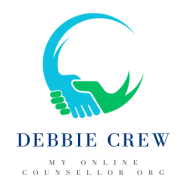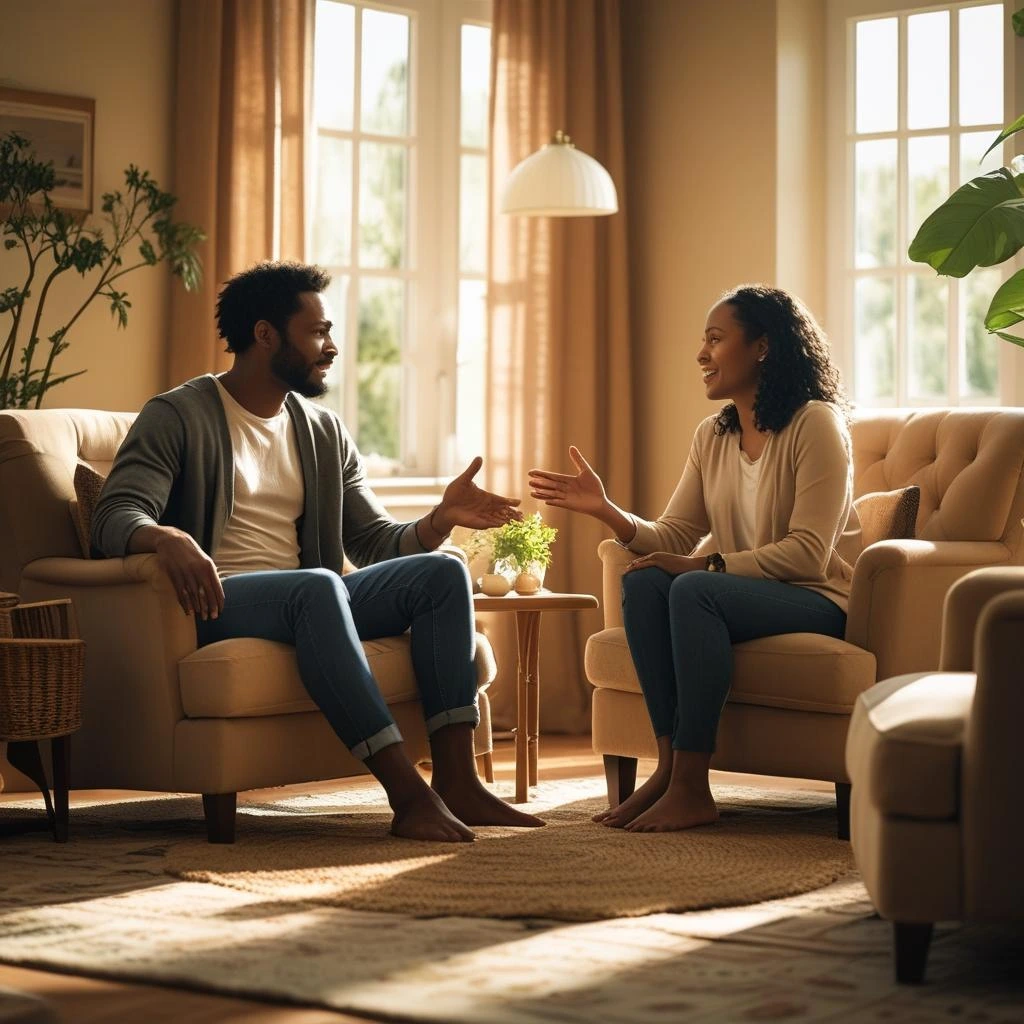💔 Can AI Settle a Relationship Argument? Why Logic Alone Misses the Mark
In the age of instant answers, it’s tempting to turn to ChatGPT or another AI to help resolve relationship issues. After all, when emotions are high and conversations go in circles, why not get an “objective” view? But here’s the rub: relationships aren’t problems to solve, they’re bonds to tend. And while logic plays a role, it’s never the whole story.
Let’s discuss why using AI to referee a relationship can create more harm than harmony — and what we can do instead.
🧠 When Logic Tries to Replace Emotional Understanding
Some couples are using AI to ask questions like:
- “Who’s in the wrong here?”
- “Was it reasonable to get upset?”
- “Is it gaslighting if…?”
These seem like neutral queries, but they become tools of rightness rather than repair when taken out of emotional context. Imagine this:
Case Example:
Alex and Sam argue. Alex feels hurt by Sam forgetting their anniversary. Sam turns to ChatGPT and asks, “Is forgetting a date awful?” The AI replies, “People often forget dates, and it doesn’t mean they don’t care.” Sam returns and says, “See? I didn’t do anything wrong.”
What just happened? The AI gave a generalised, rational response, but it completely missed Alex’s emotional world. The hurt wasn’t about the date but about feeling invisible, forgotten, or uncared for.
⚡ Why It Can Backfire: The 3 Emotional Pitfalls
- Triggers Aren’t Logical
We all carry invisible wounds. A partner’s reaction might seem disproportionate, unless we understand the why. If someone has been abandoned before, being ignored now might feel catastrophic. AI can’t sense that history. You can’t out-logic a trigger.
- Emotional Safety > Being Right
No one wins in relationships when the focus becomes “proving a point.” AI risks reinforcing one partner’s view, which can feel invalidating to the other. Relationships thrive on connection, not scorecards.
- AI Can’t Read the Room
Tone, timing, and non-verbal cues — all shape how a message lands. An AI doesn’t know if something was said gently or sarcastically. It can’t understand your partner’s tears or tension. That missing context matters.
❤️ So, What Does Help Heal a Relationship?
Here are some therapist-approved tips to move from conflict to connection:
1. Lead with Curiosity, Not Judgment
Instead of “Who’s right?”, try:
🗨️ “Help me understand what was happening for you then.”
This invites openness rather than defensiveness.
2. Validate Before You Problem-Solve
Validation sounds like:
🗨️ “It makes sense you felt that way, given what you’ve been through.”
Validation doesn’t mean agreement — it means acknowledging the reality of someone’s emotional experience.
3. Use AI as a Companion, Not a Judge
Try asking AI:
- “How can I be a better listener?”
- “What helps people feel emotionally safe in relationships?”
Use it to deepen your self-awareness, not to win arguments.
4. Repair Often and Repair Early
After conflict, small repairs matter.
🗨️ “I hate how we ended that. Can we try again?”
🗨️ “I see now how that hurt you — I’m sorry.”
Repairs don’t erase pain, but they rebuild trust.
5. If in Doubt, Get Support
Sometimes it’s hard to see your blind spots from inside the relationship. A couple's therapist can help unpack what’s happening beneath the surface.
🌱 Final Thoughts
Technology can offer insights, but healing needs human connection. You're not alone if you’ve ever turned to AI in a moment of relationship doubt. But let it be a mirror, not a megaphone. The real work of repair happens in those tender, brave, and sometimes messy conversations where we choose each other again.

